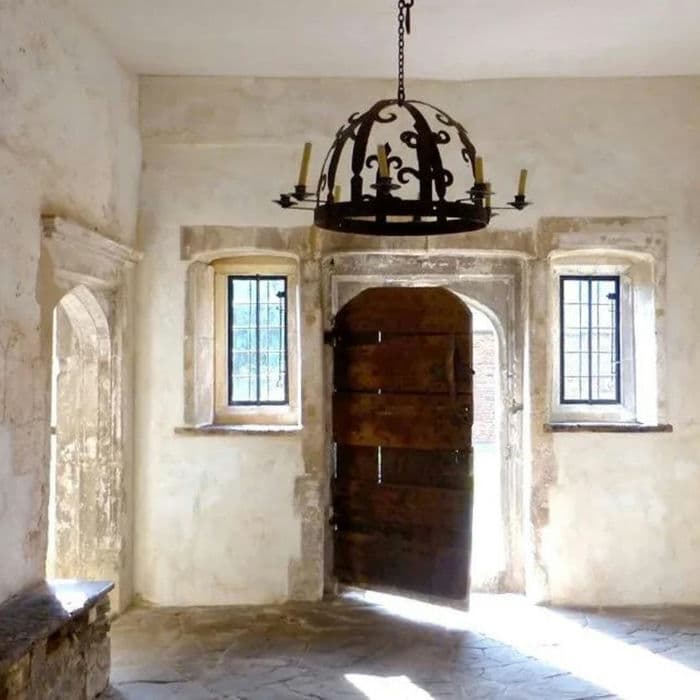Acton Court in Bristol stands as a testament to the grandeur and history of Tudor England, its walls echoing the footsteps of kings and nobles from centuries past. As one of the best-preserved mid-sixteenth century houses in the country, Acton Court offers visitors a rare glimpse into a bygone era.

Originally owned by the illustrious Poyntz family for over three centuries, Acton Court’s history took a dramatic turn in 1535 when King Henry VIII, accompanied by his second wife Anne Boleyn, graced its halls during his summer Progress. Eager to impress his sovereign, Nicholas Poyntz spared no expense in constructing the magnificent East Wing, a gesture that earned him royal favor and perhaps even knighthood.


Today, the East Wing stands as a testament to Nicholas Poyntz’s dedication to his king, offering visitors a glimpse into the opulence of Tudor royal state apartments. From the intricately decorated interiors to the hidden marvels like the King’s “en suite” garderobe, Acton Court exudes an air of regal splendor.



Archaeological excavations at Acton Court have unearthed a treasure trove of artifacts, providing insights into the lavish lifestyle of its former inhabitants. Among these discoveries are exquisite Venetian glassware, Spanish ceramics, and even early clay tobacco pipes, hinting at the estate’s role in shaping Tudor customs and traditions.


One of the most significant finds at Acton Court is the Cotswold limestone sundial, crafted by renowned horologist Nicholas Kratzer in 1520. This ancient timepiece, with its intricate dials and carvings, serves as a poignant reminder of the estate’s rich heritage and royal connections.

Despite changing hands and fortunes over the centuries, Acton Court has remained remarkably intact, thanks in part to its neglect in the 20th century. Today, the estate’s gardens and grounds, managed with care and reverence, offer visitors a tranquil retreat reminiscent of Tudor times.

From the walled wildflower meadow to the organic kitchen garden, Acton Court’s grounds are a testament to the enduring legacy of its Tudor past. Sculptures by acclaimed artist Dido Crosby add a touch of whimsy, while native grasses and plants evoke the sights and smells of centuries gone by.
While closed to the public this year, Acton Court eagerly awaits the return of visitors in the new year. With plans to reopen its doors for tours of the gardens and estate, Acton Court invites history enthusiasts and nature lovers alike to experience the magic of Tudor England firsthand.

